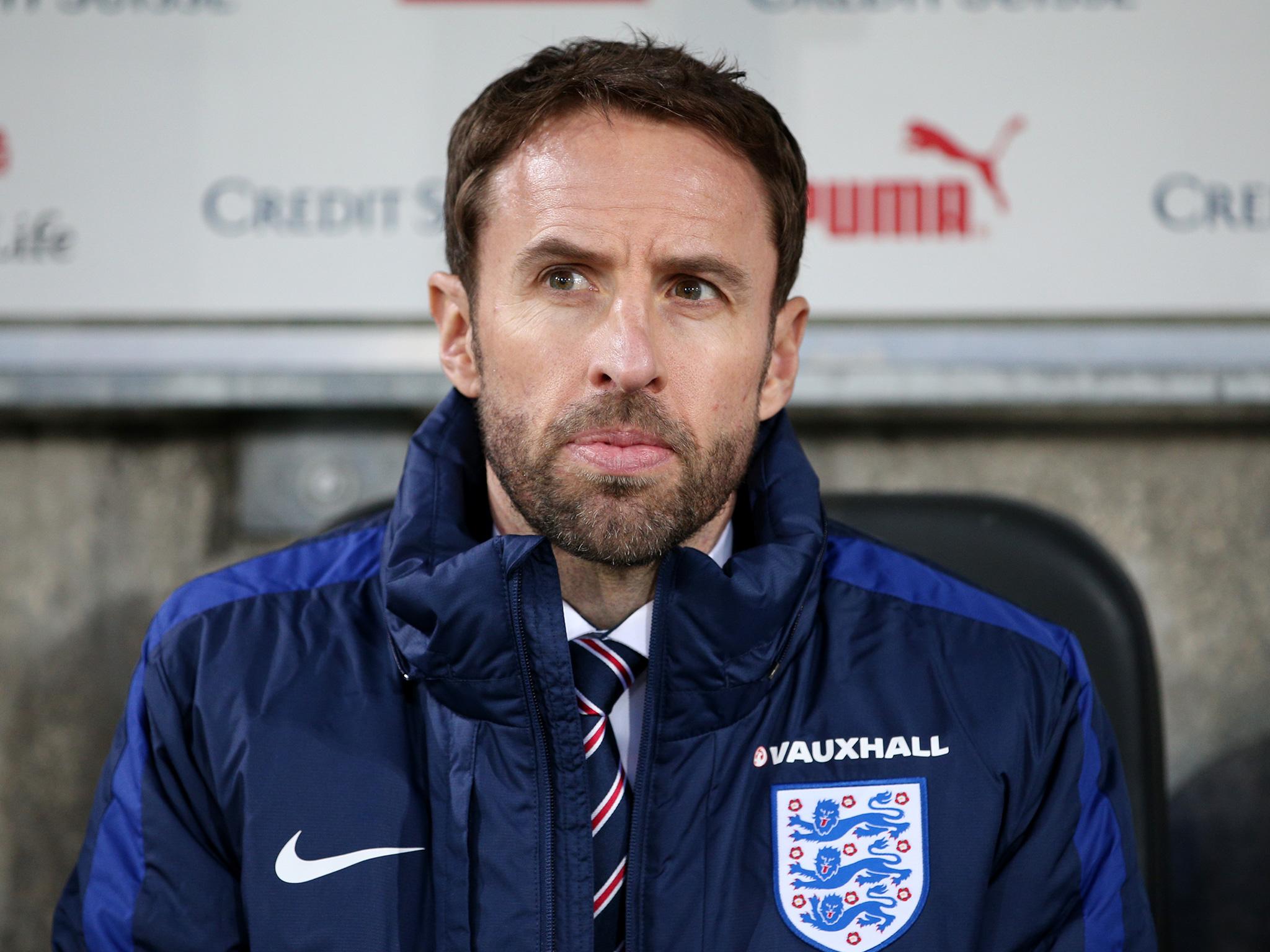England Under-21s: Security concerns as Gareth Southgate's team to play in Kazakh city on state of terror alert
The city of Aktobe, near the country’s Russian border, was hit by a series of attacks in June

The England under-21 football side are at the centre of potential security concerns, after a city which remains on a state of high terror alert and was at the centre of attacks three months ago has been chosen to stage their European Championship qualifier against Kazakhstan next month.
A series of attacks in the city of Aktobe, near the country’s Russian border, in June resulted at least 19 deaths, including three civilians, three security officers and 11 assailants. Kazakh president Nursultan Nazarbayev later said that the perpetrators had been hardline Muslim fighters, including some loyal to ISIS.
Sources in Kazakhstan are surprised that the match has been located at Aktobe, which is on a state of heightened alert, rather than the capital Astana. They believe that the arrangement to host the match there arose from the close association between the Aktobe football club president and the Kazakh FA president Erlan Zozhapanov, rather than there being genuine benefit in moving it out to the west of the country.
The Football Association said that it was continually monitoring the situation in Kazhakstan with the Foreign and Commonwealth Office (FCO), but with the FCO indicating that there was no specific alert for Aktobe, there had been no request to move the match. “We are continually reviewing it and taking our lead from the FCO,” said a spokesman.
The FCO declares in relation to Kazhakstan that there is a general threat for tourists. “Attacks could be indiscriminate, including in places visited by foreigners,” it states. “Be alert to any security-related announcements by the Kazakh authorities. If in any doubt, keep in touch with the British Embassy in Astana.”
One source in the country suggested that there were grounds for concern about the choice of location for the game. “There is a state of tension here after the events of June and it has been a surprise to us that England have been asked to come here,” he said. “Kazhakstan has a substantial Muslim population and though it has not been known for terrorist activity, there have been concerns.”
There is a state of tension here after the events of June and it has been a surprise to us that England have been asked to come here
British academic opinion on the city varies. A leading UK academic said that Aktobe was safe, especially around hotels, as a result of security clampdowns which came after the attacks this summer. He did not think Aktobe was any less safe than other places such as Astana.
Kazakhstan, an authoritarian ex-Soviet nation has largely avoided violence by religious extremists, though in June’s attacks groups of gunmen attacked two shops selling weapons and also rammed a minibus through the doors of a national guard base. Interior Ministry spokesman Almas Sadubayev said at the time that the attackers followed "radical, non-traditional religious movements", a euphemism used in Kazakhstan to refer to hardline Muslim fighters.
Dozens of Kazakh nationals have joined ISIS, according to officials in the country. In January 2015, Al Jazeera reported that a child soldier who claimed to have come from Kazakhstan had executed two alleged Russian spies.
Join our commenting forum
Join thought-provoking conversations, follow other Independent readers and see their replies
Comments